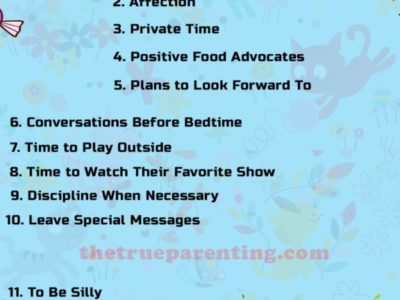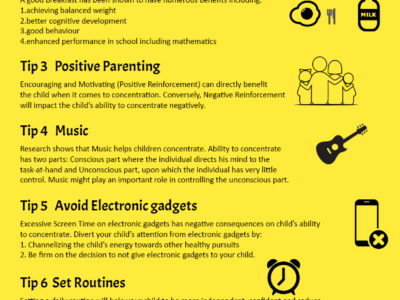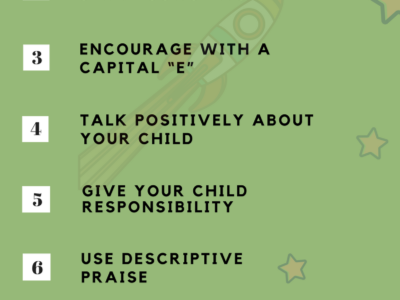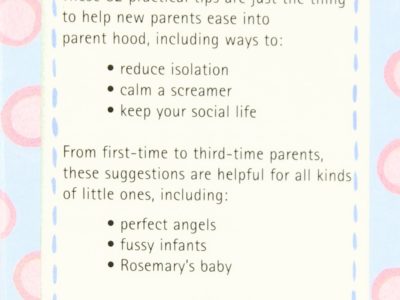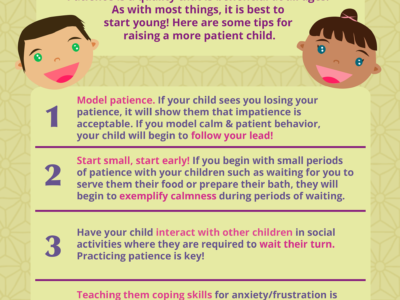
Being a new parent is very stressful, sleepless nights and a baby on board can make us all very tired and grumpy. One of the most peaceful things as a new parent is to see your baby sleep soundly. A peacefully sleeping baby is every parent’s dream! However, every baby has a unique sleeping pattern, and sometimes it can drive parents crazy to decode the pattern and adjust to it.
But fret no more! To help you in making your baby sleep better we have listed 11 tips to improve your baby’s sleep time.
1. Be Consistent
A sleep time routine can help a baby with winding down before bed, and can also be helpful in mentally preparing them to go to sleep. Pre-sleep time activities such as a bedtime story, comfy PJs, and a plush toy are proven to be helpful while preparing the child to sleep.
When all these things are in order, your child will mentally accept that its time to rest and playtime is over, make sure to keep the room dark or use a nigh light so there is less chance of disturbance.
2. Make Them Enjoy Their Bedtime
Children should not see bedtime as a punishment or a forcible routine, rather, they should learn to enjoy it. Make their bedtime a relaxing, calming experience for them. You may use wind chimes by their bedroom’s window or put glow in the dark stars all over there ceiling. Get them their favorite blanket. Tell them about slumber fairies and tooth fairies so they would sleep with excitement.
3. Wrap up Your Baby
Particularly in their initial years, children will like to prefer a warm, shelter-like space similar to their mama’s belly. Sleepsuits and wraps up are incredible for keeping the infant warm and snuggled in a comfy position.
Wraps up can likewise prevent babies from waking up suddenly. And it can even stop jittery children from hitting or scratching themselves.
4. Allow Your Baby to Take Time to Fall Asleep
Expecting your baby to fall asleep in an instant is wrong, just as we adults cannot sleep as soon as we hit the bed, babies need time to fall asleep too. Put the baby to bed when he is a little awake, let him talk, and play in bed for a little while, this way the baby will associate his comfort with the bed and drift to sleep naturally and peacefully.
As much as we want to rock our babies in our arms until they start to snooze, it is better to let them sleep in their own crib, this will make them independent sleepers and will develop a good sleeping habit.
5. Try not to Make Eye Contact
If you are trying to put your baby to sleep, try to avoid any eye contact because that way your baby will believe that it’s time to wake up because mommy is not sleeping. Let them learn to sleep alone.
Soothe them when they feel irate, however, don’t converse with them. Keep the room dim, so it’s reasonable this isn’t a time to wake up.
6. Reject the Fun
Children can without much of a stretch switch off their drained mode and get up to play some more. As a parent, it’s important to remain quiet and gathered when its sleep time.
Your kid might demand to play with you and excite you with laughs and giggles but you have to stay put and tell them that they can play all they want in the morning.
7. Avoid Changing the Diaper
Even when you are aware that there is going to be a dirty mess in the morning, it is essential to skip diaper changes during the night. Babies are light sleepers and even the slightest of movement can wake them up, if you attempt to change the diaper during their sleep they will think of it as its time to wake up and play.
8. Make a Soothing Environment
Slow soothing music can take away your baby’s attention from other noises in the house and helps in making the baby sleep faster. Pick a music player that has various sound choices, and play it to find out which one appeals to your baby the most.
It may be a plain noise, sea wave sounds, or even a nice lullaby. When they’ve found something they grow fond of, have that music playing in their room before they get to bed.
9. Shut out the Light
A dim room is the most ideal approach to tell your child that it’s a great time to hit the bed. Also, in case they do happen to wake up during the middle of the night, they’ll know by the murkiness that it’s not time to get up yet.
Locate some light-offsetting shades that will hinder the light. As they get more sensible, you may gradually lose the canopy so they don’t get used to the darkness.
10. Know When your Baby is Tired
On the off chance that you see any indication of your child feeling tired, regardless of whether it’s a yawn or blushing cheeks, make a move immediately. Timing is basic with regards to a child’s sleep, and if you don’t put the baby to sleep at the right time, be prepared for a fussy night with a cranky baby.
These little signs show that the body is prepared for rest, and making a move immediately will improve the odds that they effectively float off to rest. Standing by too long will make your infant over-tired, and alertness hormones will begin to kick in.
11. Lower the Temperature
As per research, people of all ages prefer to sleep comfortably in colder temperatures, which is why air conditioners are used mostly during bedtime. If you set the room temperature at a relatively colder point (not too cold) your baby will drift off to sleep easily and without fuss or irritation. The idea temperature range should be between 68-72 degrees Fahrenheit. In case you are unsure whether the child is comfortable or not, you can always check his chest for any signs of congestion or cold so you will know how much you need to lower the temperature.






